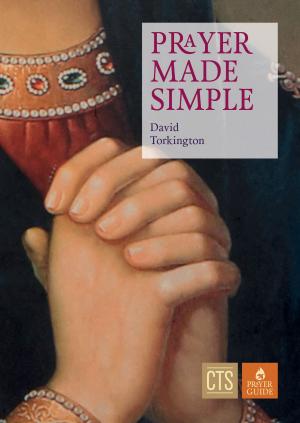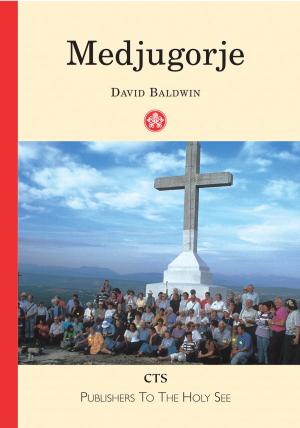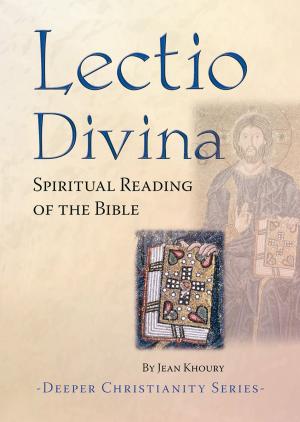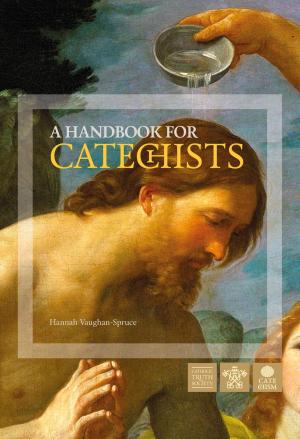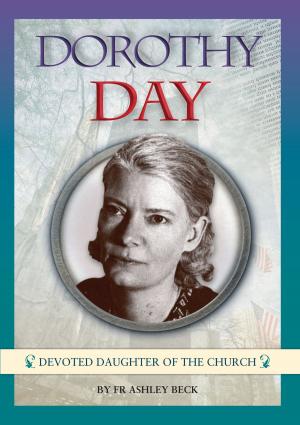| Author: | Eveline Cole, E Kielty | ISBN: | 9781784695187 |
| Publisher: | Catholic Truth Society | Publication: | October 17, 2017 |
| Imprint: | Catholic Truth Society | Language: | English |
| Author: | Eveline Cole, E Kielty |
| ISBN: | 9781784695187 |
| Publisher: | Catholic Truth Society |
| Publication: | October 17, 2017 |
| Imprint: | Catholic Truth Society |
| Language: | English |
Historical fiction, and improving tales for the working classes, were two staples of Catholic storytelling between the Wars. The Exile tells an often forgotten detail of the French Revolution: hundreds of French clergy were welcomed into England as refugees, and their quiet example did much to defuse centuries of hostile propaganda. It also notices the considerable charity shown to them by the famously frivolous Prince Regent; we may be reminded of The Scarlet Pimpernel, whose ostensibly foppish hero is the secret saviour of French aristocrats (the Korda film version, starring Leslie Howard, was released in 1934). All for the Best is a very different type of story. The very numerous Irish Catholics living and working in England included many women working in domestic service. This story, with its gentle moral and distinct Irish colour and texture, was clearly aimed at those in a comparable position to its heroine.
Historical fiction, and improving tales for the working classes, were two staples of Catholic storytelling between the Wars. The Exile tells an often forgotten detail of the French Revolution: hundreds of French clergy were welcomed into England as refugees, and their quiet example did much to defuse centuries of hostile propaganda. It also notices the considerable charity shown to them by the famously frivolous Prince Regent; we may be reminded of The Scarlet Pimpernel, whose ostensibly foppish hero is the secret saviour of French aristocrats (the Korda film version, starring Leslie Howard, was released in 1934). All for the Best is a very different type of story. The very numerous Irish Catholics living and working in England included many women working in domestic service. This story, with its gentle moral and distinct Irish colour and texture, was clearly aimed at those in a comparable position to its heroine.


